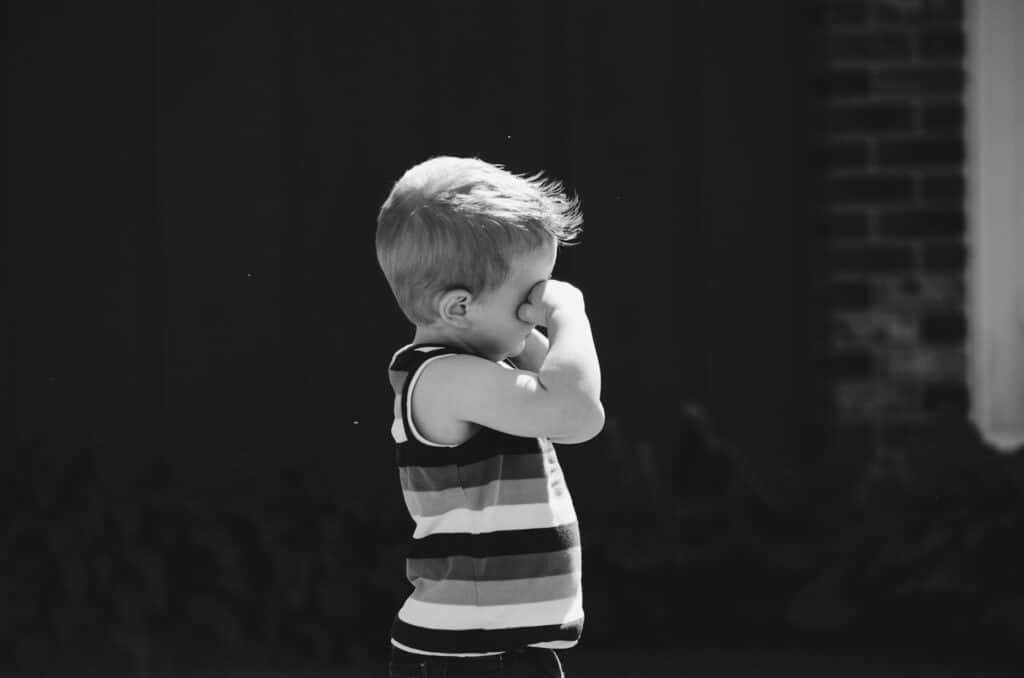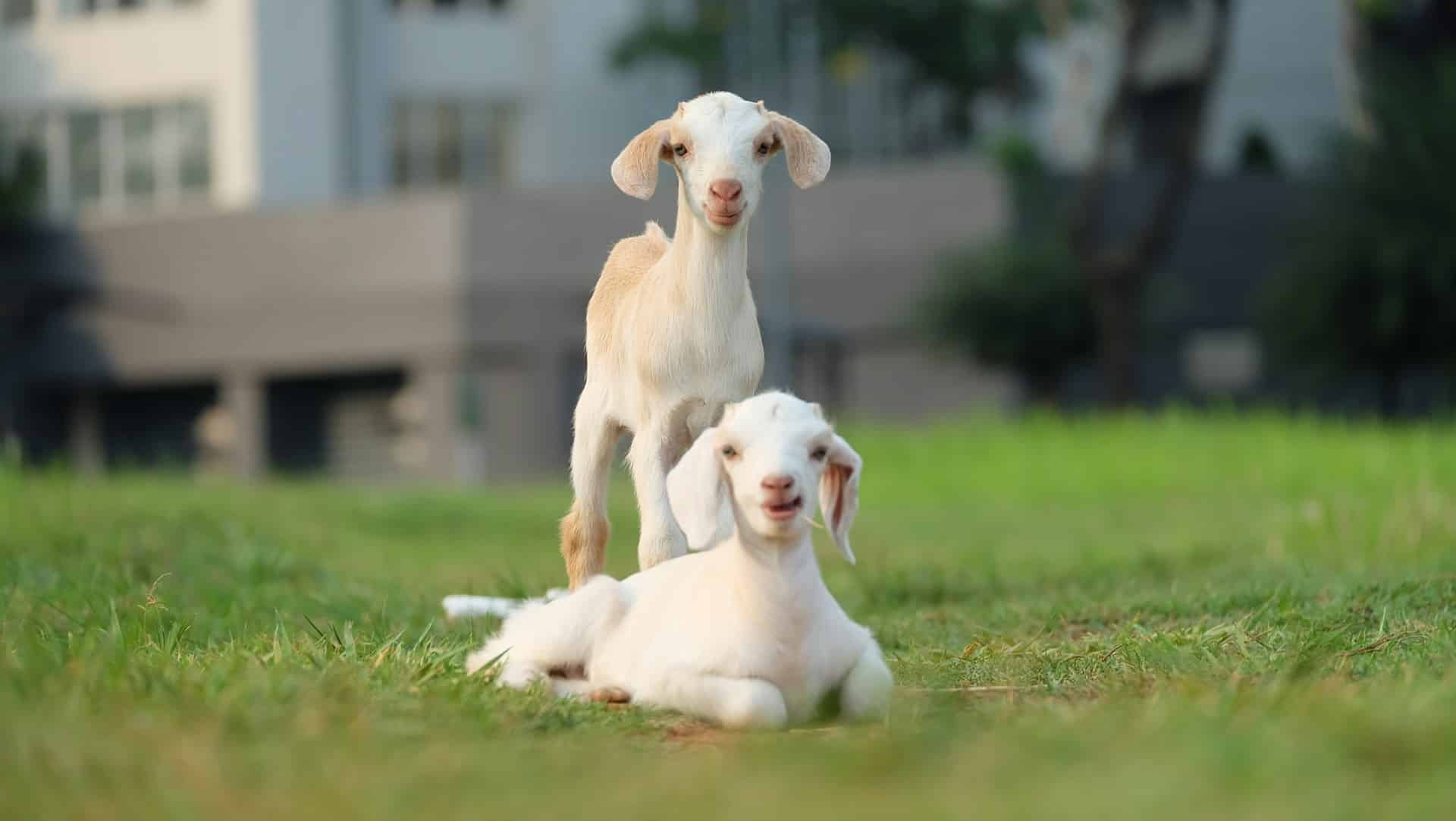Parents lie, often and ugly, and our children suffer for it.
We need to stop.
Hypocrisy, false promises, double-standards, and ineffective boundaries are examples of the duplicitous nature of ignorant parenting. The consequences are grave, though even more awful than the consequences is the lack of self-awareness which consistently undermines our integrity. Consequences can be managed, but our blind ignorance returns us quickly to the horrendous cycle of double-dealing.
Worse still is the manner in which we invest in one another’s ignorance rather than challenge it. Understanding this is key to arresting the barrage of lies we mindlessly unload upon our children.
This particular reflection starts, as many things do here at Camp One, with a consideration of the wild things around us.

We keep goats and we do so with the expectation that they will earn their keep just like anyone or anything else that chooses to stay beyond the limits of reasonable hospitality. We are happy to provide them with food, water, shelter, and security, but it’s no free ride.
The arrangement has strings attached.
Among the goats are some promising packers, goats training for the trail. We separated them from their mothers and we bottle fed them for months, building mutual bonds of trust and interdependence. Right now, and for the next several years, they will depend on us to meet their most basic needs. And a few years from now, we will depend upon them to carry loaded packs deep into the local Sierra mountains, through water-crossings and over treefalls without hesitation.
We have other goats raised by their mothers. Outside of a year later, they continue to nurse, more for comfort than nutrition. But the profound maternal example of these goats is both deeply moving and enormously frustrating.
A Mother’s Influence
The inspiring and confounding dimensions of goat parenting reverberate from within the deep bonds established between doe and kid. The young goats do as their mothers do, and their mothers came to Camp One pregnant and untamed. We’ve progressed in our relationship with these elder does, but they are only very weakly bonded to us, leaning much more into their mood and inclination than any sense of interdependent loyalty. They are fickle, occasionally receptive to attention and direction, but more often skittish and distant. And even though their kids were born here at the homestead and have spent every day of their lives in our company, it is the example of their mothers that they follow.
As it stands, the kids will make lousy packers. They refuse to trust us because their mothers will not.
It does not matter that we have shown them only kindness. They do not care about the feed we bring, the clean, cool water we provide, or the bedding we freshen. All that matters is how their mothers feel about us.
It remains the case that every resident at Camp One needs a job, and if they’re not going to pack we’ve still got the option to breed the young does for milk, or else to line our freezer with their carcasses. I mentioned that to my youngest daughter who had a different idea, God bless her.
She asked why we hadn’t thought to teach the mothers to pack. I explained that they were half-wild and I didn’t see that they would respond well to any kind of training if we couldn’t hardly put hands on them. To my great surprise, she put her hands on one of the mothers, an alpha-doe we call Trouble.
And then she led Trouble all around the goat paddock.
A Child’s Wisdom
My daughter’s creative initiative opened up a whole world of new and previously unconsidered possibilities. This goes back to what we said earlier about investing in versus challenging one another’s ignorance. I was so far caught up in the former that I could not see any value in the latter.
But the value is plain.
Prior to my daughter’s suggestion, I was content to let Trouble be her skittish self, investing in her instinctual mistrust rather than challenging it through intentional bond-building. It was easier that way. I could find her another job, maybe breed her, taking care to separate any new kids from her labile influence.
Or just eat her.

But Trouble’s kids shy from us because that’s the example set by their mother. Teaching Trouble to trust us brings with it the exciting possibility that her kids will follow suit, God willing. I saw immediately the error in my calculation. Yes- it would take work to bond with and train Trouble, but the results could show up in the improved behavior and receptivity of not one, but three animals.
And while this is exciting, there is a very frightening human corollary that we must all now consider.
Without patient and prolonged guidance, Trouble cannot see beyond her instincts.
This is the basis of human ignorance. We all have limiting ideas and biases, protective impulses conditioned through often negative experiences. If a woman is randomly attacked by a man, for example, she may formulate a prejudice against all men, or perhaps only against men who resemble her attacker. These prejudices serve a very specific and contextual purpose: protecting her from future attack.
The First (and Worst) Lies
However, these protective sentiments often expand beyond their inciting context, becoming a hard-wired and overly-generalized set of false beliefs. We pass this set of lies onto our children through our behaviors, unconsciously perpetuated and rapidly internalized.
Aspiring parents need to sort themselves out before having children. This doesn’t mean overcoming every hidden bias or latent prejudice. It means becoming aware that such notions are harbored and creating a plan to mitigate them through rigorous self-improvement and consistent communication with the people we most respect.
The believer is a mirror to his brother. If he sees something wrong in him, he should correct it.
Abu Huraira
We have an obligation to call out one another’s blind spots and, in the case of dismantling harmful notions, language is our greatest ally. Giving voice to dark and baseless sentiments is often enough to expose their lack of merit, at least for those of us with any hope of rehabilitation.
But what about the lies that parents speak to their children?
Broken Boundaries, False Promises, and Hypocrisy
A parent says to their rambunctious child, “Stop horsing around, or I will take away your favorite toy forever.” The mocking child then turns somersaults into a busy intersection and the parent, after seeing to the hellion’s safety, does indeed confiscate said toy.
Only to return it, remorsefully, hours later.

This parent has lied to their child, undermining their credibility, and rendering suspect their word in the disciplinary domain.
This same parent tells their child to get ready for an early play date scheduled the following day. The child excitedly does as they are told, but for naught. This because the parent received a text message from the boss and reports are due at once. The play date is canceled.
The parent lies once again, this time in the domain of joy.
Smoking is physically harmful and this is what decent parents tell their children. So too is overeating and excessive screen time and any number of bad habits. But the harm of these things pales in comparison to the loss of parental credibility when the warnings go unheeded by the warner. The parent continues to lie, compromising their integrity, now in the domain of practice.
As parents, we do not experience these breaches as cruel and consequential lies. The broken boundaries and false promises were really just matters of compassion and the pitfalls of modernity. We returned a toy to a sad child, after all. We honored our employer’s deadline. Any perceived hypocrisy is merely evidence of our human fallibility.
Is it not?
Consequences
What we fail to see is the cumulative effect of our unconscious bias projection and the constant stream of lies in the guise of misguided mercy and misaligned priorities. We radically underestimate the extent to which all of this compromises our opportunities to teach our children about the things that ultimately matter. We break trust daily, in a million little ways, and without good company to steer us aright, we lose our credibility completely.
To our children, we become just another noisy person with opinions.
But worst of all, like Trouble and her offspring, even after they’ve stopped believing in us, our kids will still adopt this entire, deceitful pattern wholesale, passing it onto the generation to follow. A few iterations of this and there is no one left to believe in.
This creates a vacuum that hucksters, charlatans, and despots will eagerly fill, and we will cling to them because the need to believe in something or someone is too powerful to be ignored.
These are very high stakes. We need to stop lying.
Almost as good is developing the ability to recognize when we have lied and to immediately recalibrate. It takes good company and lots of practice.
But we’ve got at least as good a chance as Trouble on the trail.
Leave a comment below for posterity or join us in the D&T Chautaqua Discord to discuss this post with other adventurous spirits from around the world.

2 Replies to “How to Quit Lying to Your Kids: A Goat Story”